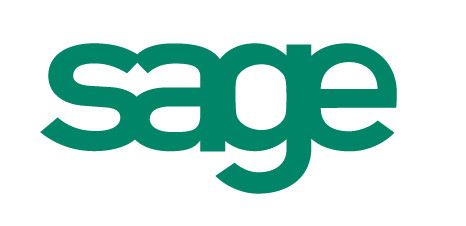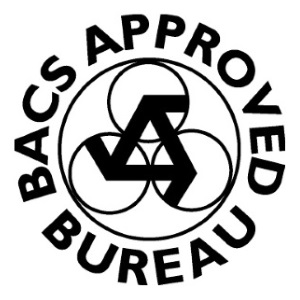How to negotiate with creditors for a voluntary arrangement
Negotiating with creditors can be crucial in preventing insolvency. A voluntary arrangement provides a structured approach to debt resolution, allowing businesses to continue operations while managing repayments. This process helps maintain business relationships, reduces financial pressure, and provides a clear path to recovery.
Understanding Voluntary Arrangements
A voluntary arrangement is a formal agreement between a business and its creditors to repay debts over time. An insolvency practitioner facilitates the process, ensuring a fair outcome for all parties. The agreement typically allows businesses to consolidate debts and make manageable repayments while continuing to operate.
Benefits of Negotiating with Creditors
A voluntary arrangement can help:
- Reduce overall debt by negotiating lower repayment amounts.
- Extend repayment terms to make payments more manageable.
- Freeze interest and penalties to prevent further financial strain.
- Allow businesses to continue trading, preserving jobs and assets.
Preparing for Negotiation
To negotiate effectively, businesses should:
- Assess total debt and prioritize creditors based on urgency.
- Gather financial records, including profit and loss statements and cash flow reports, to demonstrate viability.
- Develop a realistic repayment plan that aligns with business revenue and expenses.
- Consult an insolvency practitioner to ensure compliance with legal requirements and increase the chances of a successful agreement.
Effective Negotiation Strategies
The most successful negotiations involve:
- Open and honest communication with creditors to build trust and cooperation.
- Offering fair yet sustainable repayment terms that the business can commit to.
- Demonstrating a clear plan for financial recovery, showing creditors that the business has a viable future.
- Seeking professional assistance from an insolvency practitioner to mediate discussions and propose legally sound solutions.
Common Challenges and How to Overcome Them
While negotiating with creditors, businesses may face challenges such as:
- Uncooperative creditors — Some creditors may refuse to negotiate. Engaging a third party, such as an insolvency practitioner, can help facilitate discussions.
- Unrealistic demands — Creditors may push for repayment terms that the business cannot afford. A well-documented financial plan can help demonstrate what is feasible.
- Legal complexities — Navigating the legal aspects of voluntary arrangements can be challenging, making professional guidance essential.
Finalising the Voluntary Arrangement
Once terms are agreed upon, a formal contract is established. This legally binding agreement outlines repayment terms and conditions. Businesses must adhere to the arrangement to avoid further financial difficulties or potential legal consequences. Regular reviews should be conducted to ensure compliance and make necessary adjustments if circumstances change.
Need help with your business?
Negotiating with creditors through a voluntary arrangement can provide a viable path to financial recovery, enabling businesses to manage debt while continuing operations. By preparing thoroughly, adopting effective negotiation strategies, and seeking professional guidance, businesses can improve their chances of securing a successful agreement. Taking proactive steps now can help ensure long-term stability and financial health.
If you need help, contact us online today or give us a call at 0161 476 9000 for a free confidential consultation to discuss your options and find the best path forward for your business.












